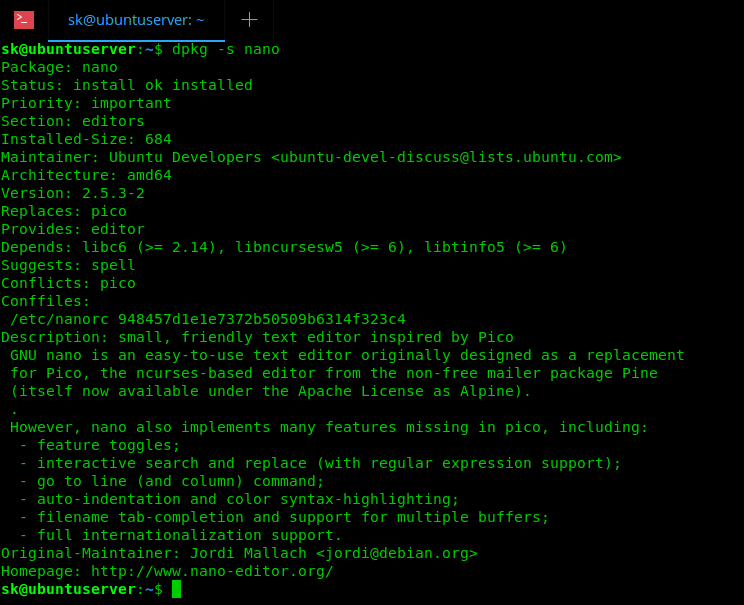
dpkg-genchanges reads the information from an unpacked Debian tree source that once constructed creates a control file (.changes).dpkg-shlibdeps calculates the dependencies of runs with respect to libraries.dpkg-gencontrol reads the information from an unpacked Debian tree source and generates a binary package control package, creating an entry for this in Debian/files.dpkg-source packs and unpacks the source files of a Debian package.The list of installed packages can be obtained with:ĭpkg -r packagename Development tools ĭpkg-dev contains a series of development tools required to unpack, build and upload Debian source packages. Where b is the name of the Debian package (such as pkgname_0.00-1_b). The name dpkg was originally a shortening of "Debian package", but the meaning of that phrase has evolved significantly, as dpkg the software is orthogonal to the deb package format as well as the Debian Policy Manual which defines how Debian packages behave in Debian. Matt Welsh, Carl Streeter and Ian Murdock then rewrote it in Perl, and then later the main part was rewritten in C by Ian Jackson in 1994. ĭpkg was originally created by Ian Murdock in January 1994 as a Shell script. It provided inspiration for the creation of dpkg. The first attempt at a package management system was possibly the development of Stop Alop by Greg Wettstein at the Roger Maris Cancer Center in Fargo, North Dakota.


The Debian package "dpkg-dev" includes the numerous build tools described below. The install-info program used to be included as well, but was later removed as it is now developed and distributed separately. It also includes the programs such as update-alternatives and start-stop-daemon. The Debian package "dpkg" provides the dpkg program, as well as several other programs necessary for run-time functioning of the packaging system, including dpkg-deb, dpkg-split, dpkg-query, dpkg-statoverride, dpkg-divert and dpkg-trigger. Frontends for APT, like aptitude ( ncurses) and synaptic ( GTK), are used for their friendlier interfaces. APT (Advanced Package Tool), a higher-level tool, is more commonly used than dpkg as it can fetch packages from remote locations and deal with complex package relations, such as dependency resolution. deb packages.ĭpkg (Debian Package) itself is a low-level tool.

dpkg is used to install, remove, and provide information about. Dpkg is the software at the base of the package management system in the free operating system Debian and its numerous derivatives.


 0 kommentar(er)
0 kommentar(er)
